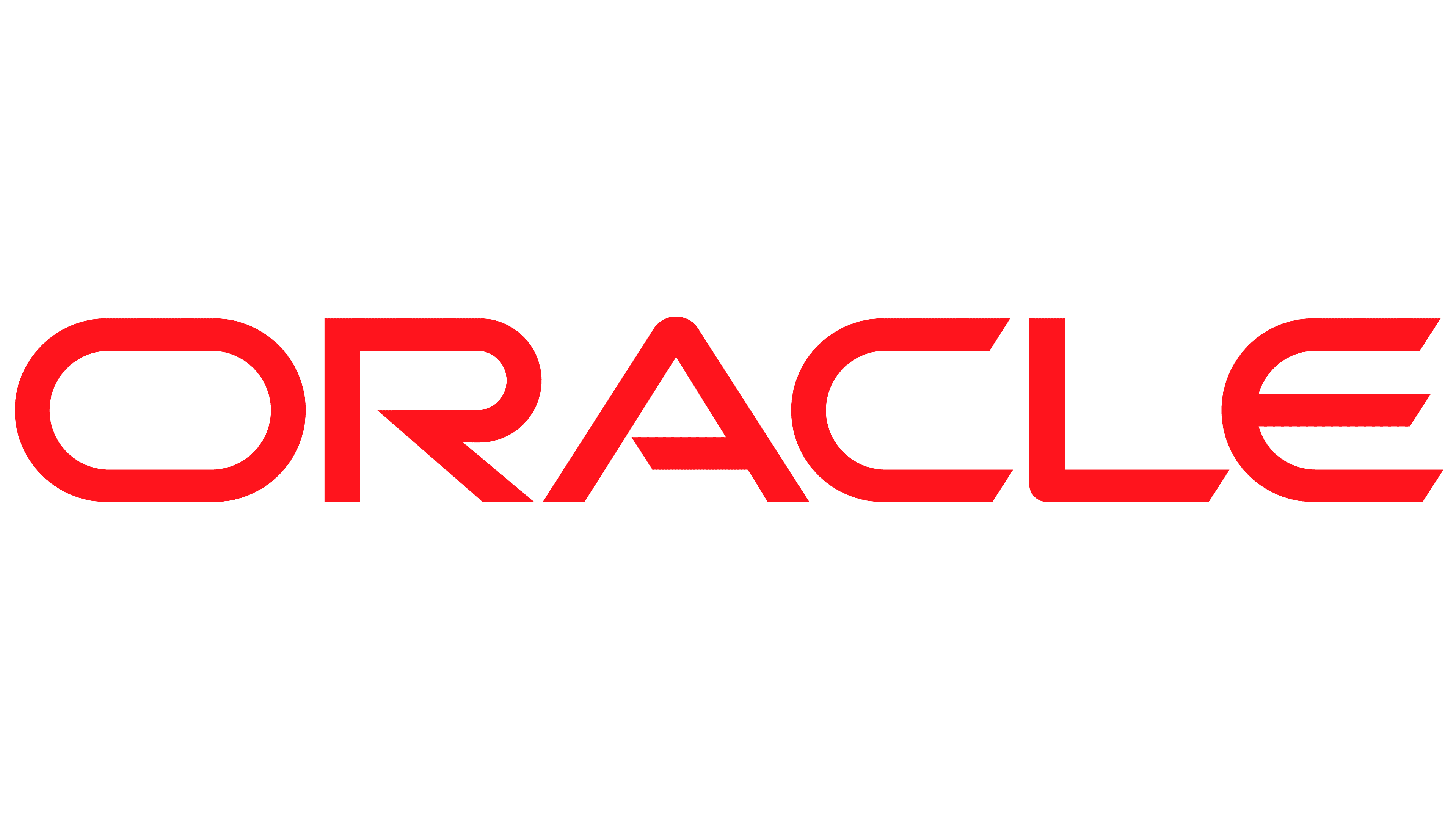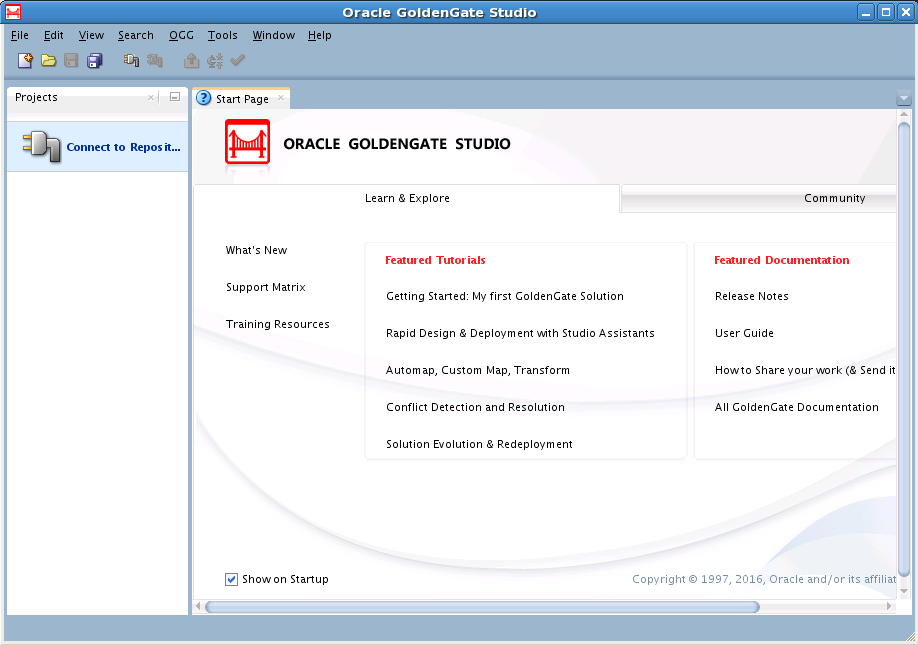GoldenGate integrates with Oracle Database's transaction log architecture

GoldenGate reads your database transaction logs and copies changes to other databases in real-time. Sounds simple? It fucking isn't. Doing this reliably across different database platforms without everything exploding is way harder than Oracle's sales demos make it look.
How It Actually Works
Instead of polling tables for changes (which kills performance), GoldenGate tails your database's transaction log files. Every INSERT, UPDATE, or DELETE gets captured and shipped to target systems.
The tricky part is handling all the shit that breaks other replication tools:
- Network drops during a big transaction? Better handle partial commits correctly or lose data
- Schema changes that break downstream systems? Hope you tested that column rename
- Target database slower than source? Enjoy watching lag climb until someone gets paged
GoldenGate has been solving these problems since 2001, which is why Oracle paid $340 million to acquire the company in 2009.
Why You'd Actually Use This Thing
GoldenGate supports various replication topologies including unidirectional, bidirectional, broadcast, and cascading configurations
Database Migrations: Moving from Oracle to PostgreSQL without downtime. We did this for a client - kept their Oracle system running while slowly migrating apps to read from the PostgreSQL replica. Took 3 months and saved them a weekend of downtime hell.
Real-time Analytics: Streaming changes to your data warehouse so reports aren't 24 hours stale. Works better than batch ETL jobs that break when someone deploys during the maintenance window.
Disaster Recovery: Keep a hot standby in another data center. When the primary goes down, flip a switch and you're running on the backup.
Cross-Platform Sync: Got Oracle, SQL Server, and PostgreSQL systems that all need to stay in sync? GoldenGate handles the format conversions and data type mapping. Yeah, it's a nightmare to set up, but it actually works once you get it right.
Three Ways to Deploy (And Their Trade-offs)
Oracle offers GoldenGate as on-premises software, managed cloud service (OCI GoldenGate), and free edition with limitations
On-Premises GoldenGate: You install it, you manage it, you debug it at 3AM when replication lag hits 2 hours. Full control, full responsibility. Licensing costs will make your CFO cry - expect $50K+ per CPU core.
OCI GoldenGate: Oracle's managed service. They handle the infrastructure, you handle the configuration. Less control but fewer 3AM pages. Still expensive but at least you're paying for uptime SLAs.
GoldenGate Free: Limited to 4 CPU cores and specific database combos. Good for testing or small setups. Don't try to run production workloads on it - you'll hit the limits fast.
When NOT to Use GoldenGate
If you just need to sync two databases of the same type, use the built-in replication features first. PostgreSQL logical replication, MySQL binlog replication, or SQL Server Always On are cheaper and simpler.
GoldenGate makes sense when you need cross-platform replication, complex transformations, or bulletproof reliability for mission-critical systems. For everything else, there are cheaper options.

